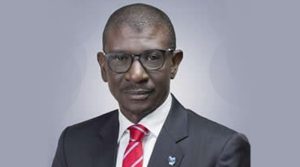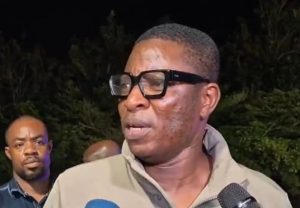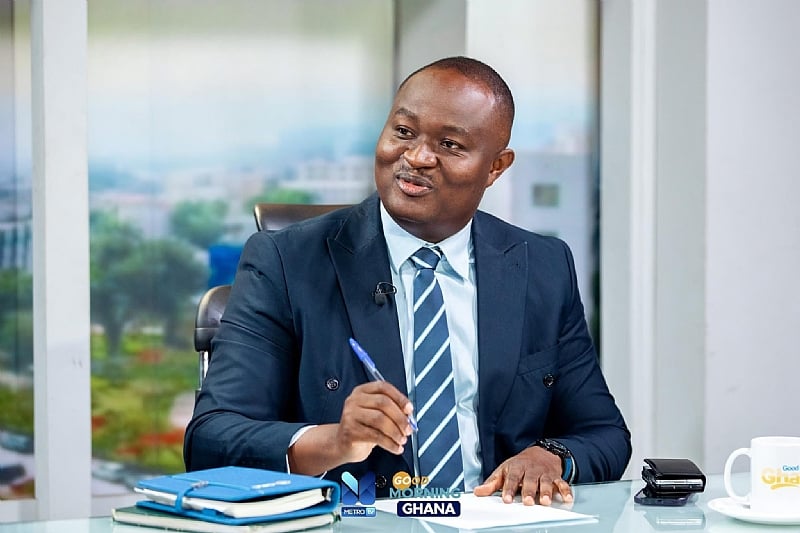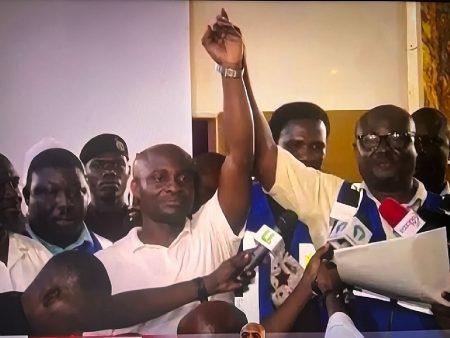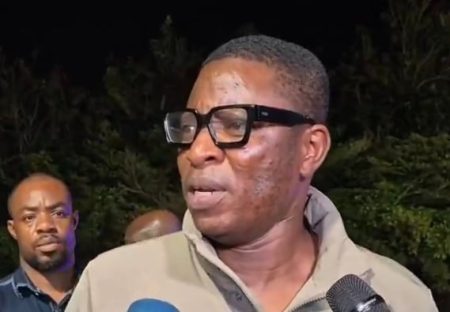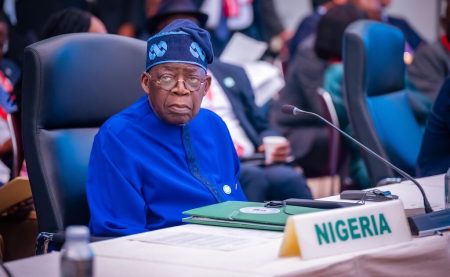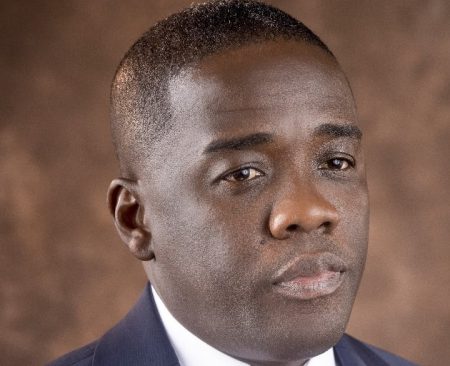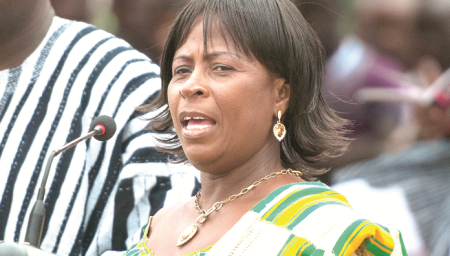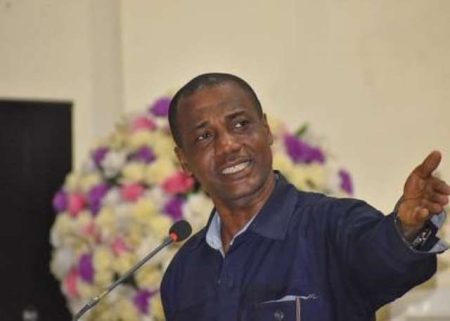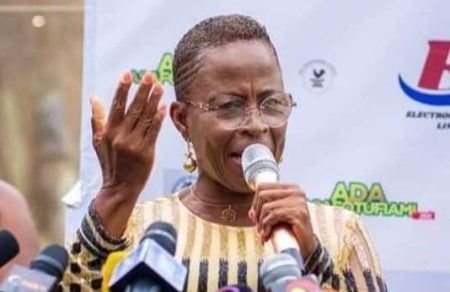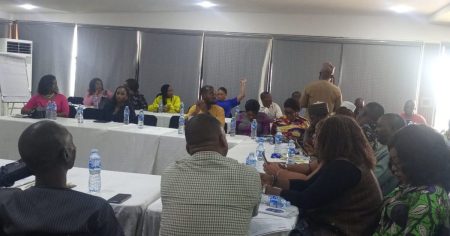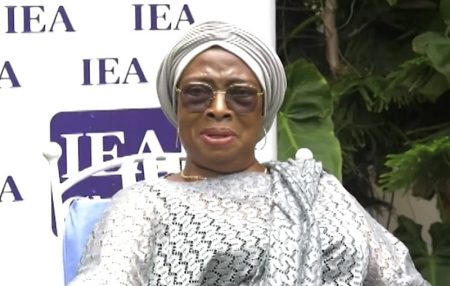The removal of Chief Justice Gertrude Araba Esaaba Torkonoo by President John Mahama has sparked significant concern regarding the potential erosion of judicial independence in Ghana. Kwasi Kwarteng, a member of the New Patriotic Party’s communication team and a legal practitioner, has voiced his apprehension that this action could set a dangerous precedent, whereby judges may feel pressured to align themselves with the ruling government to secure their positions. This, he argues, could severely undermine the integrity of the judiciary and erode public trust in the justice system.
Kwarteng’s primary fear is that the removal of Chief Justice Torkonoo will create an environment of perceived political bias within the judiciary. He believes that judges, witnessing the removal of a Chief Justice, might feel compelled to make decisions favorable to the ruling party to avoid a similar fate. This perception of political influence could taint the impartiality of the courts and lead to a decline in public confidence. Such a decline in trust, he argues, is detrimental to the rule of law and could encourage citizens to seek justice through extrajudicial means, ultimately threatening the stability of Ghana’s democracy.
The potential ramifications of this perceived political bias within the judiciary extend beyond individual cases. If citizens believe that the courts are not impartial arbiters of justice, they may lose faith in the entire legal system. This could lead to a breakdown in the social contract, as people become less inclined to respect and abide by the law. The potential for social unrest and instability increases when citizens feel they have no recourse to fair and impartial justice within the established legal framework.
Moreover, the removal of Chief Justice Torkonoo raises concerns about the vulnerability of judicial appointments. If a Chief Justice can be removed based on allegations of misconduct, without a transparent and demonstrably fair process, it creates a chilling effect on the entire judiciary. Judges may become hesitant to make unpopular decisions, even if those decisions are legally sound and ethically justified, out of fear of reprisal. This could lead to a judiciary that is more concerned with self-preservation than with upholding the principles of justice and the rule of law.
Kwarteng’s argument highlights the crucial role of an independent judiciary in a functioning democracy. A judiciary free from political interference is essential to ensure the fair and impartial application of the law. When judges are perceived to be influenced by political considerations, the very foundation of the legal system is weakened, and the rights and freedoms of citizens are jeopardized. The removal of Chief Justice Torkonoo, without a demonstrably fair and transparent process, arguably creates a perception of political interference, thereby potentially undermining public trust in the judiciary and jeopardizing its independence.
In conclusion, the removal of Chief Justice Torkonoo raises serious concerns about the future of judicial independence in Ghana. The potential for judges to feel pressured to align themselves with the ruling government, the erosion of public trust in the justice system, and the chilling effect on judicial decision-making are all significant threats to the rule of law and the stability of Ghana’s democracy. Ensuring a transparent and impartial process for addressing allegations of judicial misconduct is crucial to maintaining public confidence in the judiciary and safeguarding its vital role in upholding the principles of justice. Without a robust and independent judiciary, the very fabric of democracy is weakened, and the rights and freedoms of all citizens are put at risk.


